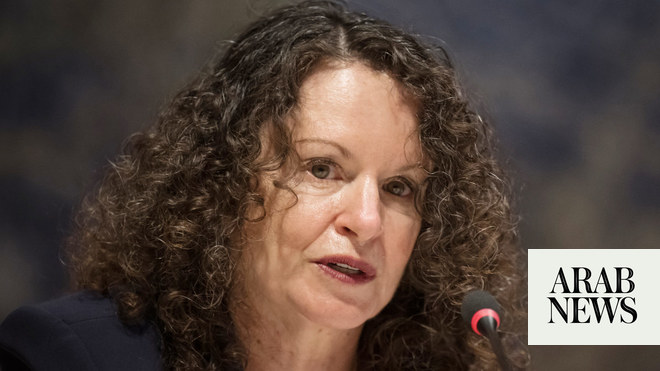
The United States withdrew on Tuesday from the United Nations Human Rights, citing “hostility toward Israel” and drawing international criticism.
Standing with US Secretary of State Mike Pompeo at the State Department, US Ambassador to the United Nations Nikki Haley pointed to the “disproportionate focus and unending hostility toward Israel” in “clear proof that the council is motivated by political bias, not by human rights.”
Both insisted the United States would remain a leading champion of human rights but, for many, the decision will reflect Trumps general hostility to the world body and to multilateral diplomacy in general.
Israeli Prime Minister Benjamin Netanyahu welcomed the US decision.
The announcement came after the top UN human rights official criticized Washington for separating migrant children from their parents who are seeking asylum after crossing into the country from Mexico.
Haley and Pompeo stressed the decision had been made after a long year of efforts to shame the council into reform and to remove member states that themselves commit abuses.
"These reforms were needed in order to make the council a serious advocate for human rights," Haley said.
"For too long, the Human Rights Council has been a protector of human rights abusers, and a cesspool of political bias. Regrettably, it is now clear that our call for reform was not heeded."
Washington’s withdrawal is the latest US rejection of multilateral engagement after it pulled out of the Paris climate agreement and the 2015 Iran nuclear deal.
UN human rights chief Zeid Ra’ad al-Hussein on Monday called on Washington to halt its “unconscionable” policy.
“Look at the council membership, and you see an appalling disrespect for the most basic rights,” said Haley, citing Venezuela, China, Cuba and Democratic Republic of Congo.
Among reforms the United States had pushed for was to make it easier to kick out member states with egregious rights records. Currently a two-thirds majority vote by the 193-member UN General Assembly is needed to suspend a member state.
The United States is half-way through a three-year term on the 47-member Geneva-based body and the Trump administration had long threatened to quit if it was not overhauled.
Rights groups have criticized the Trump administration for not making human rights a priority in its foreign policy. Critics say this sends a message that the administration turns a blind eye to human rights abuses in some parts of the world.
“Given the state of human rights in today’s world, the US should be stepping up, not stepping back,” Zeid said after Haley announced the US withdrawal.
Reuters reported last week that talks on reforming the council had failed to meet Washington’s demands, suggesting the Trump administration would quit.
“The Human Rights Council enables abuses by absolving wrongdoers through silence and falsely condemning those that committed no offense,” Pompeo said.
Haley said the withdrawal “is not a retreat from our human rights commitments.”
Twelve rights and aid groups, including Human Rights First, Save the Children and CARE, warned Pompeo the US withdrawal would “make it more difficult to advance human rights priorities and aid victims of abuse around the world.”
Jamil Dakwar, director of the American Civil Liberties Union’s Human Rights Program, said Trump’s “misguided policy of isolationism only harms American interests.”
The EU said Washington’s decision “risks undermining the role of the US as a champion and supporter of democracy on the world stage.”
British Foreign Secretary Boris Johnson said it was regrettable and that the council was the “best tool the international community has to address impunity.”
Russia said the US exit reflects Washingtons unilateralist approach to global affairs.
Russias UN mission responded in a statement that the US had tried but failed to turn the Council into an "obedient instrument for advancing their interests and punishing the countries it dislikes."
It added that the US criticism of the council for failing to make changes advocated by Washington appears "cynical."
The Human Rights Council meets three times a year to examine human rights violations worldwide. It has mandated independent investigators to look at situations including Syria, North Korea, Myanmar and South Sudan. Its resolutions are not legally binding but carry moral authority.
When the Council was created in 2006, US President George W. Bush’s administration shunned the body.
Under President Barack Obama the United States was elected for a maximum two consecutive terms on the council by the UN General Assembly. After a year off, Washington was re-elected in 2016 for its current third term.
UN officials said the United States would be the first member to withdraw from the council.
“The UN Human Rights Council has played an important role in such countries as North Korea, Syria, Myanmar and South Sudan, but all Trump seems to care about is defending Israel,” said Human Rights Watch executive director Ken Roth.












